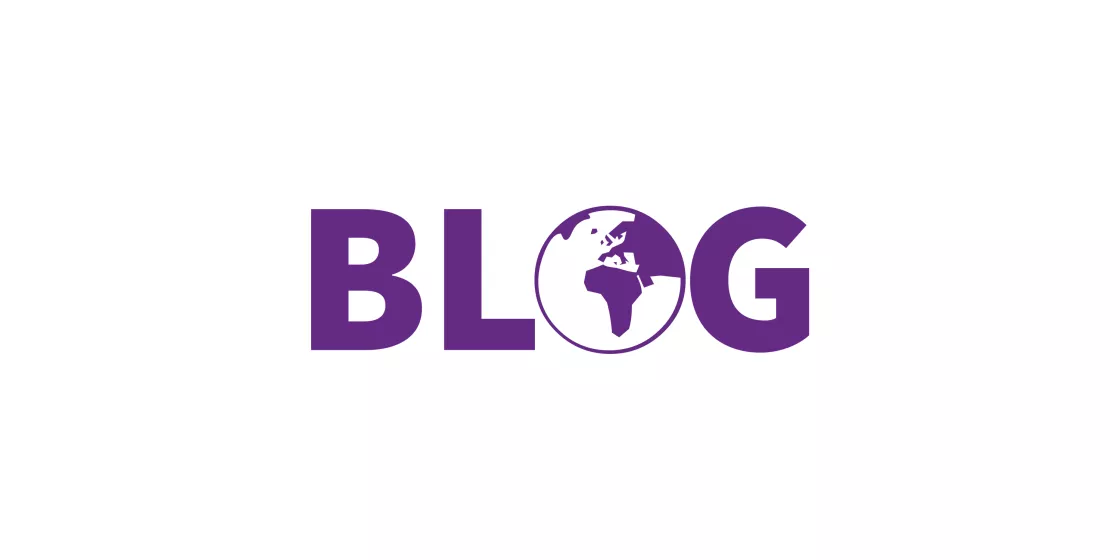On Saturday 7th December, leaders of grassroots movements from across the Global South came together for the first time at COP25 to collectively discuss the growing international climate justice movement in response to the global climate crisis. The session was a powerful discussion about resilience, repression and accountability in using the law to address the highly disruptive and damaging consequences of climate change for communities.
In the face of inadequate political and corporate responses to the climate crisis, individuals and organizations are increasingly turning to the courts to expose the disproportionate impacts of climate change on developing countries. Environmental harm raises numerous human rights questions about access to justice, gender inequality, and rights to land and tenure. Grassroots legal initiatives in the Global South shed much needed light on the voices of communities at the frontlines of the climate crisis and provide tangible meaning to the oft-used term ‘climate justice’.
Peruvian mountain guide and small farmer Saúl Luciano Lliuya, who has made legal history with the “Huaraz Case”, his courageous lawsuit against the energy giant RWE, unfortunately could not attend the event as planed due to the short-term relocation from Santiago de Chile to Madrid. Instead, he addressed the climate activists present via a video message and sent them "the strength of the mountain spirits" from the Peruvian Andes for their fight for climate justice.
Saúl Luciano’s lawsuit is the only suit for corporate responsibility for climate risks worldwide to have made it to the evidentiary stage. By accepting the claim, the Higher Regional Court of Hamm has acknowledged that large emitters are in principle responsible for supporting people in the Global South affected by climate change. In his message, Saúl Luciano explained his intentions with this lawsuit: not only does he want to protect his family and his hometown from the effects of climate change that are happening now; he also seeks a legal precedent to hold companies directly accountable for their contribution to the climate crisis.
Credit: Positive Altitude Media; sentinelsthefilm.org
The panel was co-facilitated by Astrid Puentes (Interamerican Association for Environmental Defence) and Joana Setzer (Grantham Institute, London School of Economics). In addition to Saúl Luciano, the following outstanding grassroots activists from the Global South presented the work they have been doing in response to the climate crisis:
- Yeb Sano, Executive Director of Greenpeace Southeast Asia, reflected on his vision for deliverance and dignity for the people and communities at the receiving end of the climate crisis. The outcome of his petition to the Commission on Human Rights of the Philippines to establish the responsibility of fossil fuel and cement companies for climate-related human rights violations was released two days after this event at the COP25. Commissioner Roberto Cadiz presented the preliminary findings of the Commission, stressing that the defendant companies could in principle be held legally and morally responsible for human rights violations against Filipinos as a result of climate change.
- Tony Oposa, current Normandy Chair of Peace, reminded the audience of the power of legal action in igniting a movement for constructive discussion; and highlighted the importance of story-telling in using the law to protect not only planet Earth, but also the present and future generations that will continue to inhabit it.
- Solomon Yeo, Director of the Pacific Islands Students Fighting Climate Change, represented the dynamic role of the youth movement in responding to the climate crisis. He spoke powerfully about the fight of front-line defenders in the climate emergency and his petition to the International Court of Justice to recognize the indisputable link between human rights and climate change.
- Agung Wibowo from HuMA Indonesia made a compelling argument for the inclusion of local and customary knowledge in the determination of criminal environmental disputes, drawing on examples of the failure of the criminal justice system in Indonesia to protect the voices of local communities and the crucial need for implementation of effective legal outcomes.
- Makoma Lekalakala from Earth Life Africa and Goldman Environmental Prize Winner of 2018 highlighted that these stories are ones of courage, of strength and of communities’ pursuit for survival in an era of climate disruption. People are at the center of the climate justice movement, and it is essential that climate legal action is accessible to communities outside of the courtroom.
Perhaps the greatest conclusion of the day was Solomon Yeo’s observation that legal action “is not a silver bullet, but it is something.” It is not about winning or losing a climate case. It is about telling a story; it is about overcoming repression; and it is about frontline defenders asserting their human rights.




